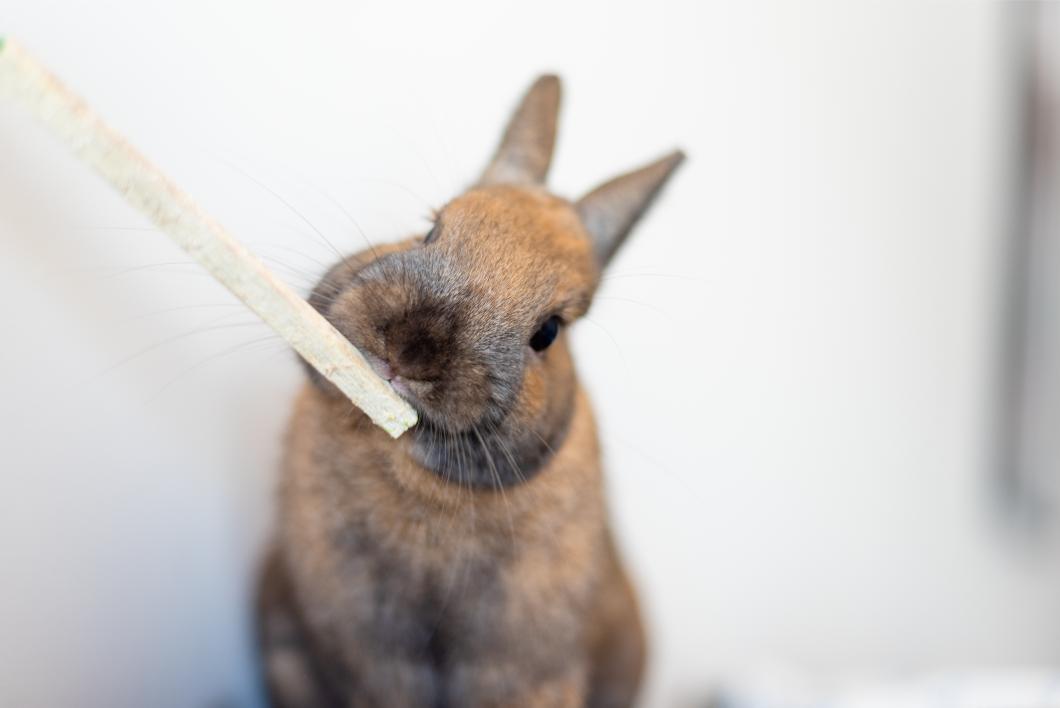Blog
Dental Care for Exotic Pets

Exotic pets, such as rabbits, guinea pigs, and reptiles, require regular dental care to prevent dental disease. life. Dental issues in exotic pets can be challenging to spot. Routine wellness exams with a vet are essential for early detection and prevention.
Yearly Wellness Exams
Many possible health problems can be avoided by establishing and maintaining annual veterinary exams. As part of their regular check-up, we can determine the health of an exotic pet’s teeth and gums. We can assess the presence of any plaque and tartar build-up, look for signs of infection, and inspect the teeth for abnormal wear patterns, fractures, cracks, and strength.
The Big Bite of Small Mammals
We commonly see guinea pigs, chinchillas, rats, mice, gerbils, and rabbits for all sorts of reasons, but routinely for issues related to their teeth. With open-rooted structures, the teeth of these pocket pets continue to continuously grow.
The diets of these animals can wear the teeth down. Because of the widespread use of pellets and soft vegetables in captivity, uneven wear patterns can develop. Without fibrous grasses and hard-to-chew shrubs, these pets may develop sharp points on the surface of the teeth, leading to cuts on the lips, mouth, and tongue. Consequently, inflammation, infection, and abscesses can lead to unnecessary pain and suffering.
We can file down any high points on the teeth and even trim the teeth, if needed. Vets commonly perform this procedure while an exotic or pocket pet is under anesthesia, and they can extract loose or broken teeth during the same session.
Ferrets
The most common dental issues in ferrets include tartar buildup and gingivitis. Fractured canine teeth, excessive wear on molar teeth—particularly in older ferrets—and oral trauma from chewing inappropriate objects.
Lizard Dental Care
Exotic pets like bearded dragons have acrodont dentition, meaning their teeth grow right out of the jaw bone. Because the teeth aren’t inside protective tooth sockets, gingivitis (caused by plaque and tartar) can ultimately lead to infection.
Like all other pets, lizards should have their teeth scaled and cleaned while under general anesthesia. At their annual wellness exam, we can determine the state of their teeth and make recommendations from there.
Exotic Pet Dental
Our staff can assist owners of all exotic pets understand the importance of routine care at home during every annual exam. Regular dental cleanings are a vital part of exotic pet ownership, and we are here to help you with any questions or concerns.
Please call Ten West Bird and Animal Hospital at (210) 696-1700 to get started on a routine that promotes excellent dental care and lifelong exotic pet health.
